The famed wildlife cruise destination of Galápagos is growing at an “unsustainable rate” by tourism. And operators have been told to take the lead from how well cruise ship operators are handling the destination’s popularity.
Land-based tourism could see visitor numbers hit 1 million by 2041. The UNESCO World Heritage Committee has voiced its concern over how this unique wildlife sanctuary can deal with such numbers.
Arrivals increased by nearly 60% between 2010 and 2019, from just over 170,000 compared to more than 270,000 annually.
With a post-pandemic recovery, tourism numbers are now skyrocketing. Ecuador’s Ministry of Tourism reported the arrival of 32,509 visitors in March 2023, an increase of 24% over the same period in 2019.
Cruise lines, however, operate under a tight numbers cap set in 1998. And many have built smaller expedition ships to ensure they maintain the pristine environment.
But sadly, land-based tourism operators are not restricted. There has been a significant increase in hotels and overnight rentals on the islands. Also, Migration and illegal fishing has also been allowed to continue.
The International Galápagos Tourism Operators Association (IGTOA) has also asked the Ecuador Government to make good on its 2017 commitment to adopt a zero-growth Galápagos tourism strategy.
IGTOA sent a letter to Mauricio Efraín Baus Palacios, Ecuador’s permanent UNESCO delegate, asking the government to regulate land-based tourism as carefully as it regulates ship-based tourism.
IGOTA board President Jim Lutz of Vaya Adventures says: “For many years, Ecuador’s management of ship-based tourism in the Galápagos has served as a model for the rest of the world for how tourism and nature can coexist. We believe a similar approach needs to be adopted with respect to land-based tourism.”
Environmental management
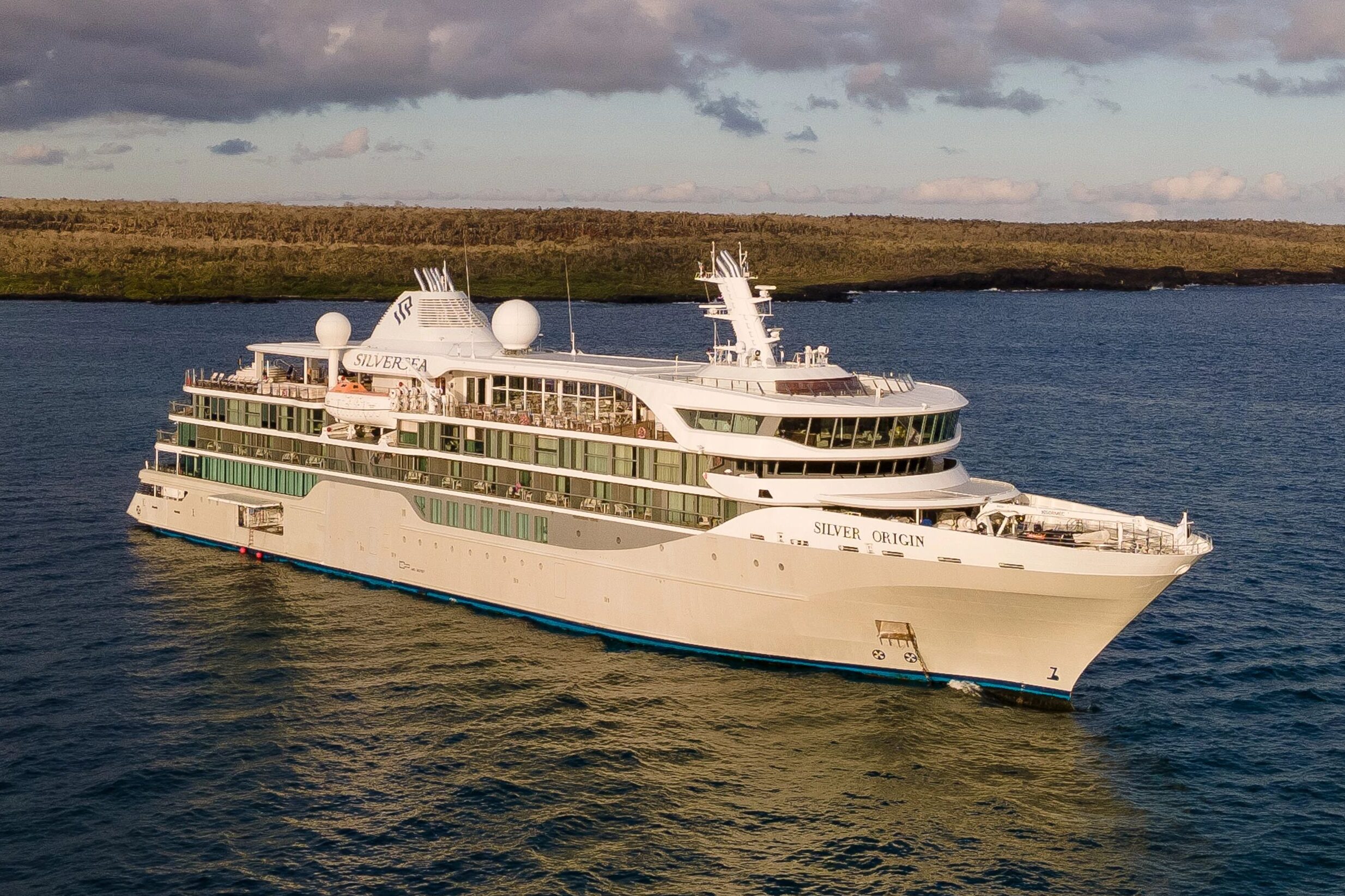
Silversea Cruises became the first tour operator to gain certification in environmental management in the Galápagos Island in June 2013. The expedition cruise line is now the first operator to divert all waste from landfill disposal in the Galapagos. Silversea classifies and sorts all waste generated aboard Silver Origin. They will then transport all but organic waste out of the Galápagos to the mainland. Silversea recycles and process the waste in line with regulatory procedures.
“We are very proud to become the first tour operator to gain this certification in environmental management. This is a representation of our long-term commitment to sustainability and conservation in the Galápagos Islands,” said Gabriela Naranjo, Vice President and General Manager, Silversea Cruises Ecuador.
“The initiative started in 2020. And we entered into a partnership with an airline to transport recyclable waste out of the archipelago to the mainland.
“This will divert all waste from landfill in the Galápagos to dispose of it responsibly—with full traceability. This is one of the many examples of how Silversea is working to safeguard the fragile ecosystem of the Galapagos.”
These actions are part of Silversea’s comprehensive Environmental Management Plan, approved by the Ecuadorian Ministry of Environment. They have designed this to minimise any ecological impact on the Galápagos.
The Galápagos
The Galápagos island were designated a UNESCO World Heritage site in 1979, consequently, because of their exceptional biodiversity and pristine ecosystems.
And since 2007, UNESCO added the islands to its List of World Heritage in Danger, citing uncontrolled development of tourism as a factor in its decision and the islands were removed from the list in 2010.
The World Heritage Committee will vote next month on its draft decision published in its recently released 2023 State of Conservation Report. If the draft report is adopted, it could put additional pressure on Ecuador to adopt a zero-growth strategy.
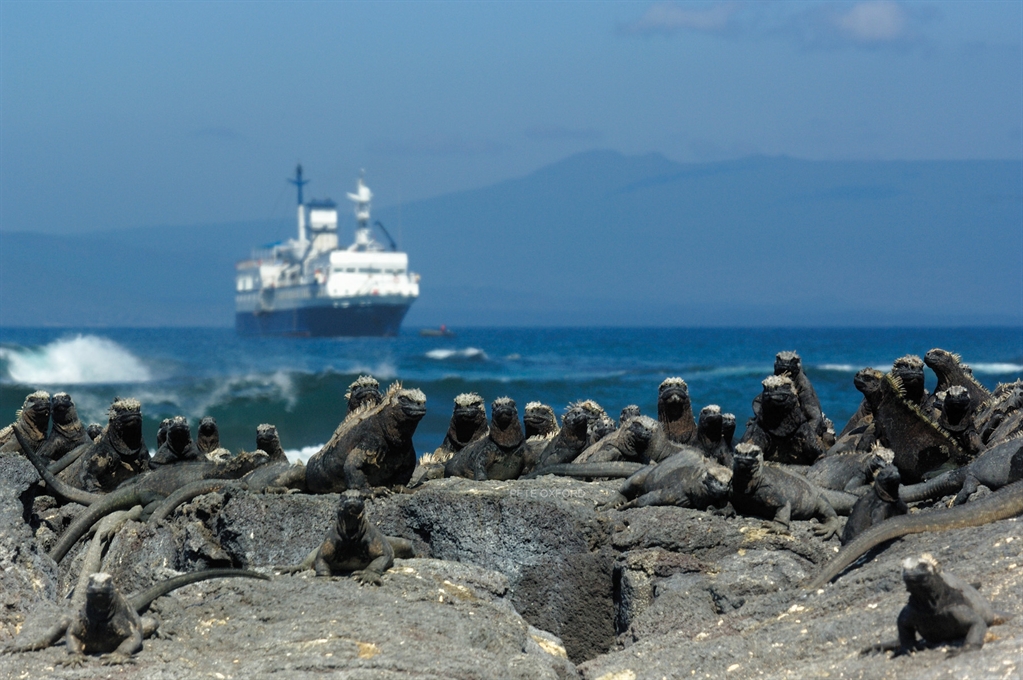


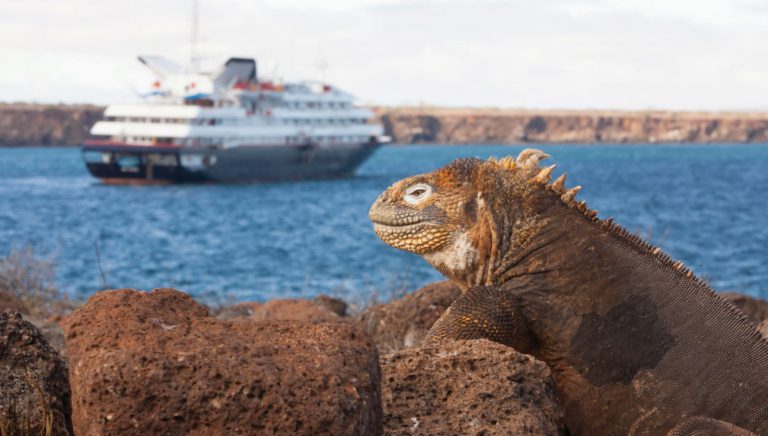


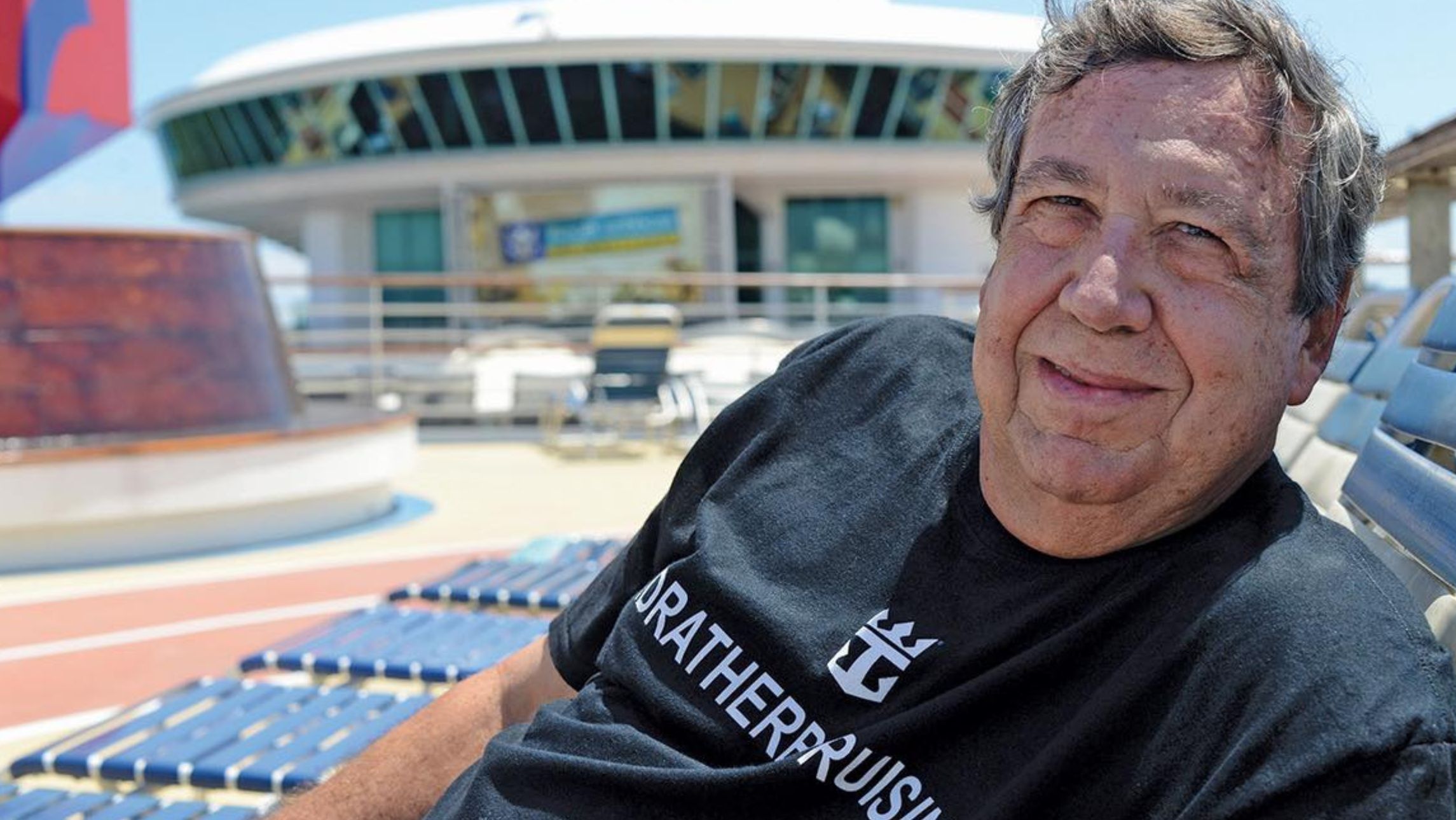
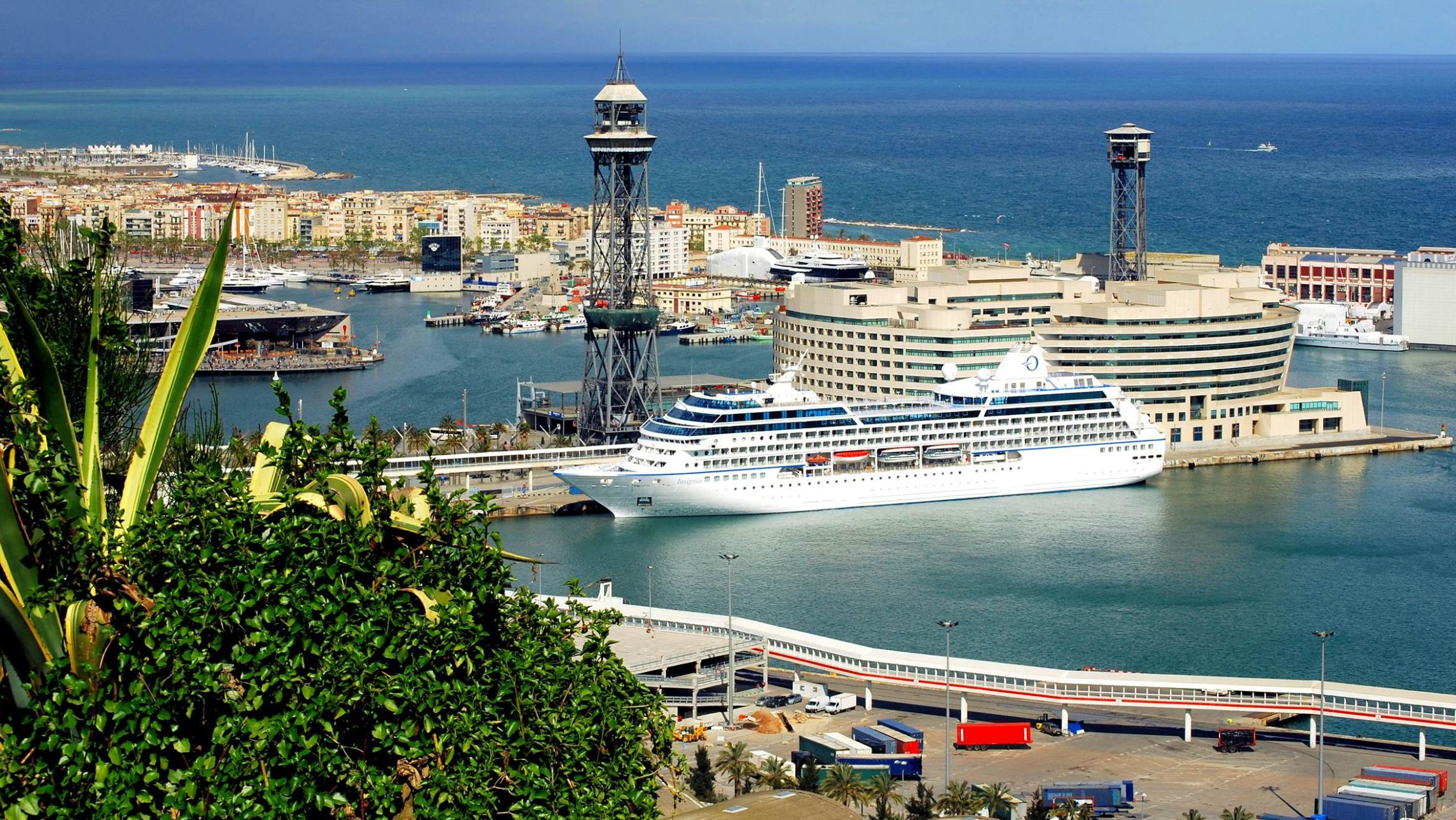



Thanks for publishing this article. Silversea’s ship is the biggest allowable size in Galapagos (100 passengers). Of the 65 or so expedition cruise ships there, almost all carry 20 or fewer passengers, and most are owned / operated by Galapagos / Ecuadorian interests.